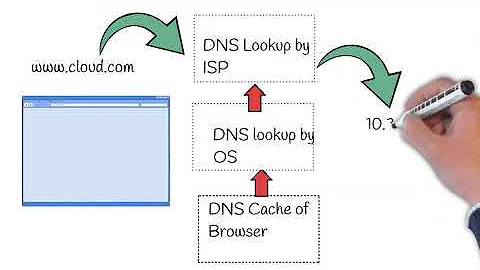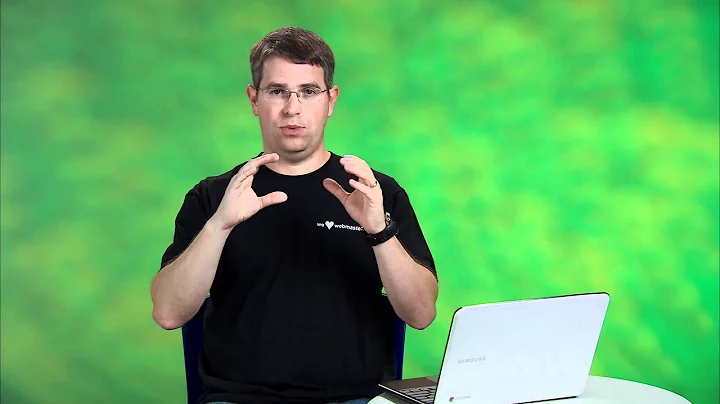Browser support for URLs beginning with double slash
Solution 1
This behavior was part of RFC 1808 (Section 4) which is about 16 years old, so every major browser should (and does) support this.
Sadly, there's a bug with IE7 and -8 that will make them download the resources twice if a protocol-relative URL is used on a link or @import - which shouldn't be a big problem, but is ugly and should be kept in mind.
Solution 2
If you are developing on a local machine there's possibility it will fail with src="file://host.com/filename".
In this situation you need to specify scheme explicitly: http://host.com/filename or https://host.com/filename.
Related videos on Youtube
dtbarne
Self taught web developer and entrepreneur with 10+ years of experience.
Updated on February 26, 2020Comments
-
dtbarne over 4 years
I've recently seen a few links used without a protocol. It didn't seem too difficult to understand - I think it's a great idea and pretty intuitive.
For those of you unaware, using a URL like
//example.com/script.jswill point to eitherhttp://example.com/script.jsorhttps://example.com/script.jsdepending on whether or not the URL originates from a http or https URL. Including http scripts or images from a https page can be a security concern, for example, so this solves that without the need for protocol detection in your code.My question is, what sort of browser/OS support is there for it? Is it safe to use in production? It would certainly make things a bit easier.
Simple example and test: http://codetester.org/916c6916
EDIT: Just a follow up that I've been using this for my company's ad server in production for many things without issue for a couple years now.
-
Keith almost 13 yearsAnswered here: stackoverflow.com/questions/4659345/… --- In short, it's in the RFC specification so it should be supported by all major browsers.
-
dtbarne almost 13 years@Keith Thanks, that's good and all, but looking through the RFC specs, I don't actually see anything about this beginning double slash thing. Was hoping to find some definitive browser testing already done. :)
-
-
 TwystO over 6 yearsThis is an old post, but I also wanted to say it's not a good practice at all. Recently I had some trouble on one of our customers admin dashboard. The URL
TwystO over 6 yearsThis is an old post, but I also wanted to say it's not a good practice at all. Recently I had some trouble on one of our customers admin dashboard. The URL//code.jquery.com/jquery-2.1.3.min.jswas not found and the library not loaded. I then try to loadhttp://code.jquery.com/jquery-2.1.3.min.jsand see an error page. I suspect a proxy or VPN or firewall security configuration they set internally. After updating the URL to use thehttpsprotocol, everything works fine. -
 Tim Anthony over 3 yearsWhen developing offline you should use a local server anyway, which would make the URL "localhost".
Tim Anthony over 3 yearsWhen developing offline you should use a local server anyway, which would make the URL "localhost".











![How to track/find Lost or Stolen iPhone! [2022]](https://i.ytimg.com/vi/hSaW5nsBZWI/hqdefault.jpg?sqp=-oaymwEcCOADEI4CSFXyq4qpAw4IARUAAIhCGAFwAcABBg==&rs=AOn4CLBFZERNflM0UBOoUdiqRXzIZ9L9rA)